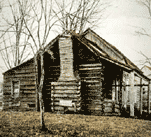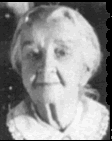

| Phoebe's Story | |
| Pioneer Experiences | |
| Gallery | |
| Bibliography | |
| Related Links | |
Created by Viktoria Sinex, Art of Local History, The Evergreen State College, Olympia, WA December 2003
|
Relations Between the Settlers and the Indigenous People The native people living in the Puget Sound area were familiar with
non-Indians by the time that Euro-Americans began to settle in
the region in the mid 1800s. They had been trading with fur traders
for decades, and knew that these strangers brought useful items
with them from far places. The Salish peoples, the collection of
clans that occupied the Puget Sound as well as much of what is
now British Columbia, Canada, were exceptional artisans and skilled
traders.
|
||

